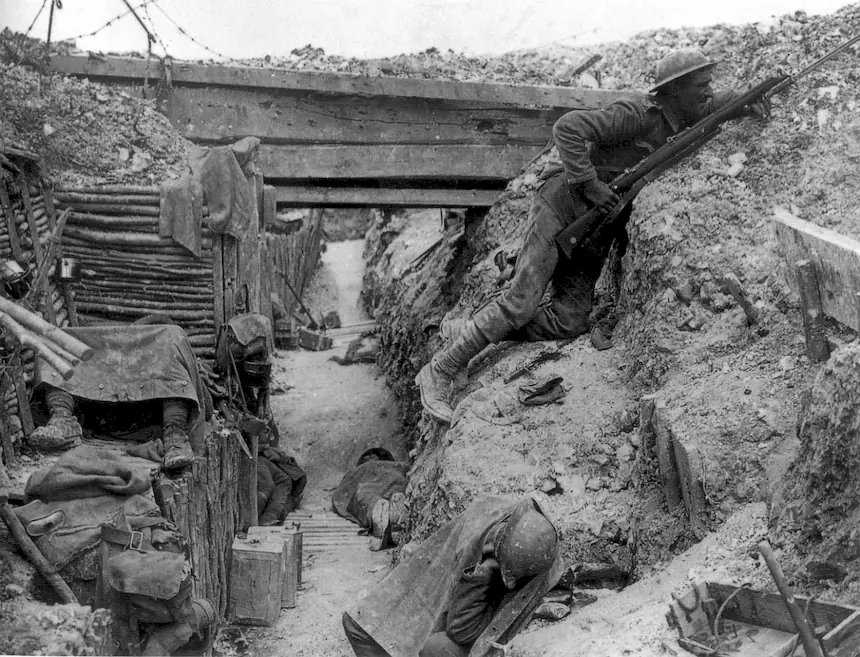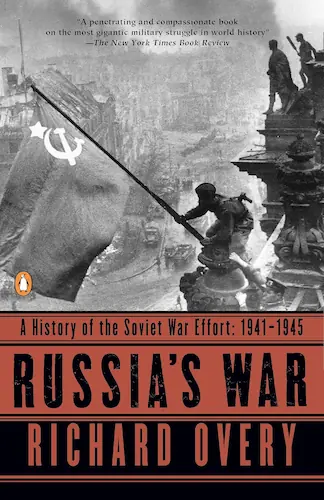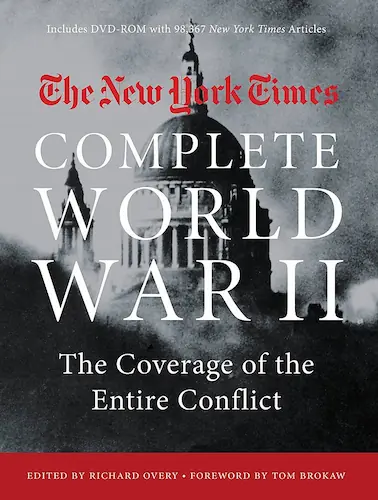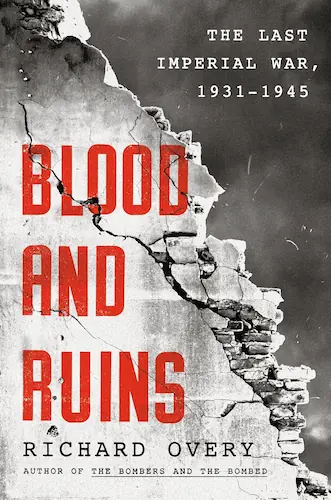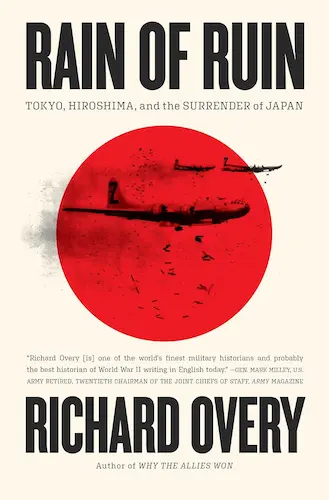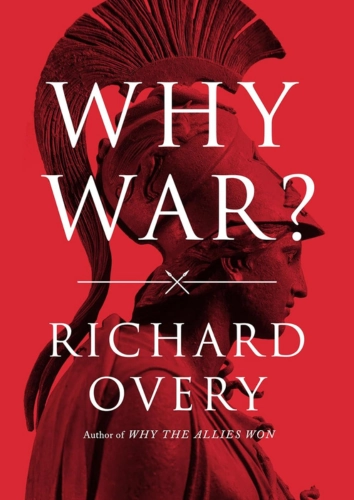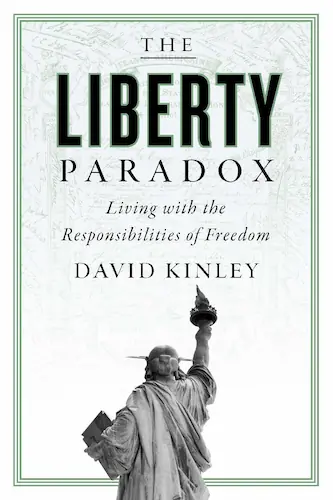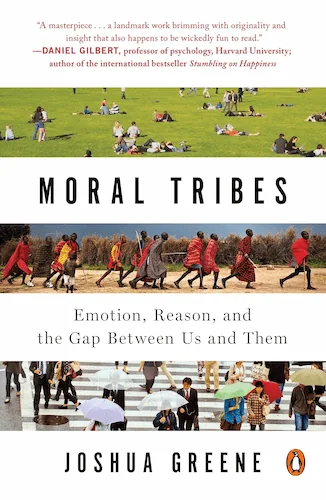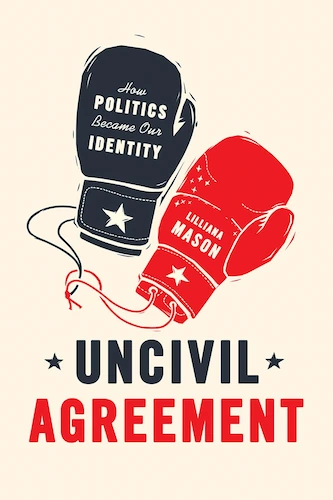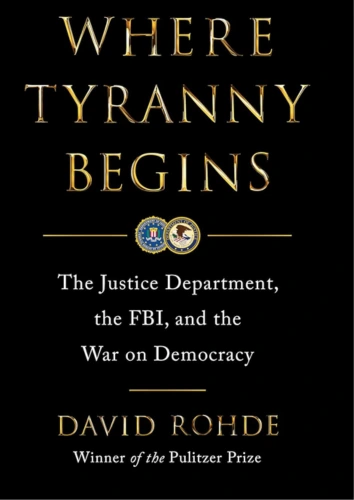The Timeless Question of War
The question “Why War?” is of fundamental importance in understanding the human past and the human future. Almost a century ago, the physicist Albert Einstein invited the psychoanalyst Sigmund Freud to answer this question in psychological terms, because he assumed that there must be a scientific explanation rooted somewhere in the human mind.
- The Timeless Question of War
- Historians’ Reluctance and Evolutionary Perspectives on Warfare
- Psychological Adaptations and the Justification of Violence
- Cultural Perspectives on the Origins of War
- Ecological Pressures and the Rise of Climate Wars
- The Motives Behind War: Resources, Ideology, and Belief Systems
- Insecurity and the Role of Perceived Threats in Modern Warfare
- The Persistence of War: Understanding Its Role in Human History and in the Future
Freud replied that humans were driven by a capacity both for love and for destruction, and the latter, expressed in what Freud called the “death drive”, was the root of war and violence.
The human propensity for warfare is too embedded for any general solution for its eradication to be successful.
In the century that has followed, the major human sciences have all attempted to engage with this key question to see whether it is possible to provide convincing explanations for the prevalence of warfare in the long human story.
Historians’ Reluctance and Evolutionary Perspectives on Warfare
Historians are surprisingly reluctant to take part in formulating any general theory of the causes of war, which they prefer to see as the result of specific historical circumstances unique to each conflict. But evolutionary biology and psychology, anthropology, ecology, political and social science are all disciplines that have explored the broad issue of why warfare has been, and still is, a characteristic feature of the human experience. The answers have been as diverse as the disciplines.
War for resources has often been dressed up in terms of belief or ideology.
For human biologists it is now axiomatic that humans are not genetically programmed for warfare, but warfare can be shown to be an evolutionary adaptation to protect the gene pool of early human communities.
This principle of what is called “inclusive fitness” enabled early communities to protect and enlarge their gene pool at the expense of others. It is argued that this phenomenon became generalized across the species, and embedded in the way human communities evolved, so that warlike violence became a tool of evolutionary survival.
Psychological Adaptations and the Justification of Violence
These arguments are supported by the work of evolutionary psychologists. Psychoanalysis has not proved a useful avenue for explaining collective violence, but evolutionary psychology demonstrates how the mind has developed various strategies for survival, one of which is a willingness to resort to warlike violence in defence of community or in aggression against outsiders when it seems necessary or advantageous.

This psychological adaptation is predominantly male and has remained so through to the modern age. There are well-known, if extreme, examples: ancient Sparta or Viking Scandinavia saw all men as warriors, psychologically conditioned to fight when needed.
Social psychology has reinforced the claims of evolutionary psychology by examining the way in which human communities create a division between “us” and “them”, seeing the other in terms of potential threat. This division can then be used to justify warfare against an enemy seen as less than human, against whom the most severe violence might be justified.
This process of “otherization” can be seen to operate in ancient conflicts between tribal communities and in modern war where the alleged wickedness of the enemy can justify their killing. The German murder of the Jews during World War II is an extreme example of the demonization of a race in order to justify its extermination. Hitler always claimed that the Germans were at war with the Jews and that violence against them was therefore justified.
Cultural Perspectives on the Origins of War
On the other hand, cultural anthropologists, and most sociologists, deny that biological or psychological explanations for warlike violence are convincing.
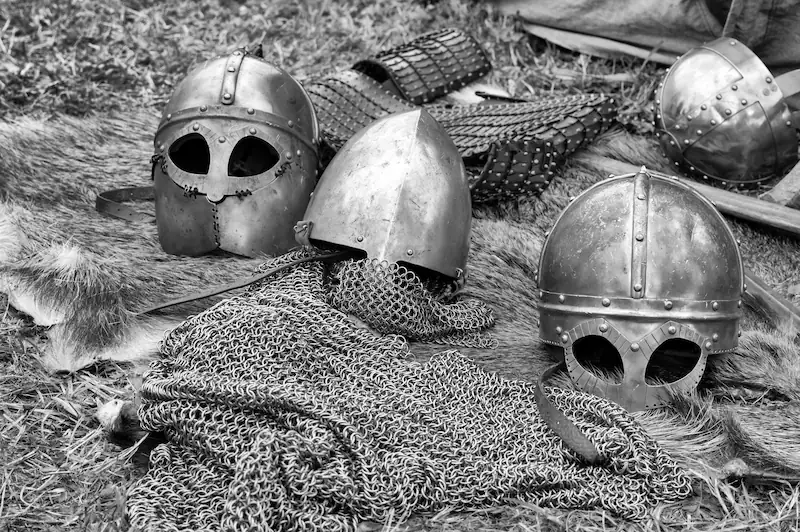
They prefer to see war as a phenomenon that emerges only with the creation of political communities, whether tribe, tribal federation, or state, when violence can be organized and institutionalized.
It is the evolution of military cultures that endorses and shapes the way societies both great and small wage war. Anthropology can show that there are common patterns of militarized behaviour, ideology, and social organization for war across a wide variety of cultures and regions.
Military culture has gone hand-in-hand with social segmentation that privileges a warrior elite and rewards military success. These cultures can be of long standing and shape social and political expectations – the Roman Republic and Empire is the prime example – but they derive from culturally constructed experience not, so it is argued, from biological or psychological imperatives.
Ecological Pressures and the Rise of Climate Wars
Much recent study on the origins of war has shifted ground to examine the role of ecological pressures (loss of resources or food, climate shocks, population pressure, and so on) as an explanation of why past communities have opted for war when no other solution seemed available.
These pressures work in the natural world as well as for human communities when climate changes or food runs dry or another species muscles in on an ecological system. For humans in the past, pressure on the land, problems of access to water, reaction to climatic change, overhunting, have all been suggested as possible triggers for warfare, and there is evidence for this link in the wars waged intermittently along the frontier of the Chinese Empire for more than a thousand years when nomads invaded to secure land or food, or in the United States where increased violence accompanied lengthy periods of aridity in the pre-colonial age.
Warfare is not an aberration but still a central feature of the human condition.
Today the idea of “climate wars” has become popular as scientists speculate on what the effects of ecological pressure will be over the coming century. There are current conflicts over access to water and grazing land in Africa with low rainfall and increasing aridity.
There may well be competition for finite resources as they become scarcer, whether oil or the rare minerals needed for the electronic age. The pressure on nature from human demands for farmland, the overexploitation of food stocks, the sheer weight of the world’s huge population, are all ecological outcomes that might prompt conflict at some point, though it has not happened yet.
The Motives Behind War: Resources, Ideology, and Belief Systems
The political and social sciences have explored the causes of war in very different ways, looking not at the broad factors that have influenced the development of human belligerence, but at the specific range of motives that are used to justify a conscious decision for war – whether economic predation, belief and ideology, the pursuit of power, or the search for security.
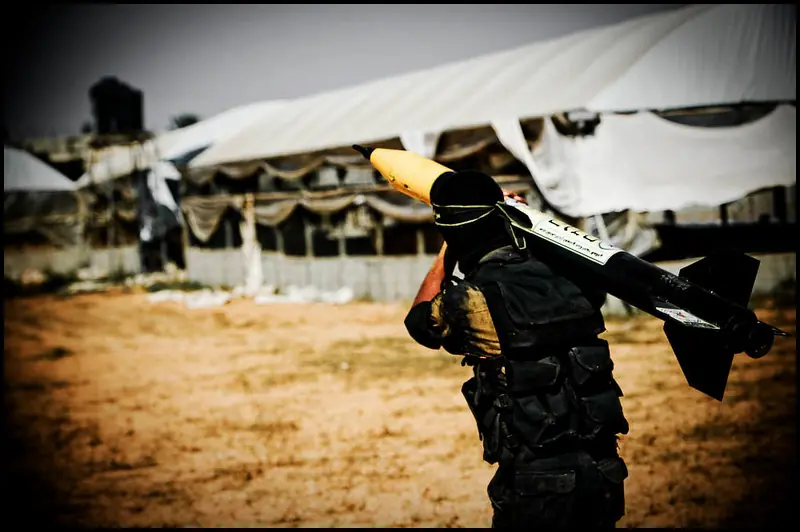
The pursuit of resources is an obvious explanation and it has been a characteristic feature of many wars of aggression, whether seizing slaves and tribute thousands of years ago, or trying to capture material resources needed in the modern age. Hitler’s war on the Soviet Union and the Japanese invasion of southeast Asia were both about seizing oil and minerals.
Explore Books Written by Our Contributors
War for resources has often been dressed up in terms of belief or ideology – the German war on the Soviet Union was also about destroying communism- but there is also warfare that is purely about the defence of belief or the desire to impose it on others, or the product of a cosmology in which warfare has a central part to play. The European Crusades against the Muslims in the Middle East were primarily wars to defend the Christian faith whatever other political or material motives they may have had.
The Aztec wars against their neighbours were bound up with the mythical view of the world in which sacrificial victims had to be captured in war and then slaughtered to appease the sun god who would otherwise bring the world to an end. War driven by belief systems can be merciless. The current Islamic jihad movement against the infidel West demonstrates the strength with which beliefs can be used to justify violence.
Insecurity and the Role of Perceived Threats in Modern Warfare
A key explanation in the modern age is the search for security, or perhaps better expressed as the fear of insecurity. This has been a feature of warfare for millennia. In an essentially anarchic world, where there is no external arbiter keeping the peace, there can never be a guarantee that peace will be preserved except ultimately by force.
In the modern age defence of frontiers or arguments over border territory have been a prominent source of conflict.
The search for security against a perceived threat, real or otherwise, can be seen today in the current wars in Ukraine and Gaza.
Putin fights because he is worried by the threat of NATO and European Union extension to Russia’s security; Israel earlier fought against Arab neighbours and now against Hamas and Hezbollah because the state has a chronic sense of insecurity rooted in its foundation in the 1940s.
Uncertainty about the motives of others, illusions of enemy strength, fear of being pre-emptively attacked, have all played a part in many of the wars of the past, not least the outbreak of World War I when insecurity and uncertainty played a greater part than deliberate aggression.
The Persistence of War: Understanding Its Role in Human History and in the Future
All of these different approaches to understanding the causes of war have a part in any broader explanation, whether we look at the basic elements of human evolution and social development, or whether we choose to focus on the narrower motives of greed, power-seeking, security, or belief, as explanations. There exists a popular hope that if war can really be understood, then it ought to be possible to use human initiative to create a “warless world”.
Yet the more warfare can be explained, from archaic tribal conflicts to modern mass war, the more obvious it becomes that human communities have always under certain circumstances reached for collective violence when it was needed, and that they continue to do so in the modern age. Warfare is not an aberration but still a central feature of the human condition. Making war is always a possibility, otherwise we would live in a state of world disarmament and permanent peace.
The resort to war in the modern age can be mitigated by temporary international institutional structures, like the League of Nations and the United Nations, though neither has been successful in preventing it, but the present state of scientific explanation for the causes of war, either in the distant past, or the immediate future, suggests that the human propensity for warfare is too embedded for any general solution for its eradication to be successful. In this sense, Freud was right to be pessimistic. War has a long distant past, but it also has a future.


